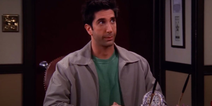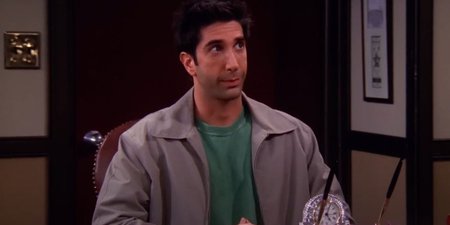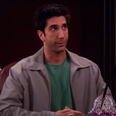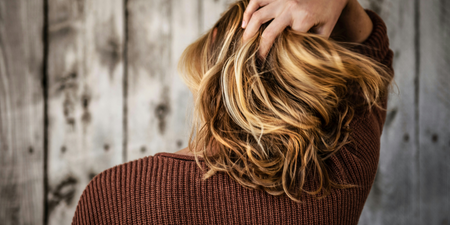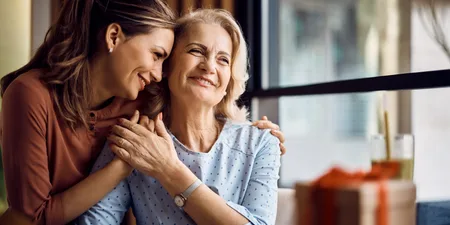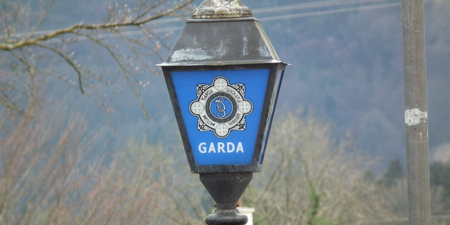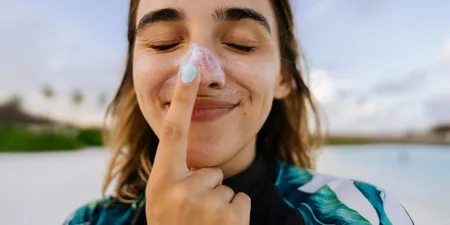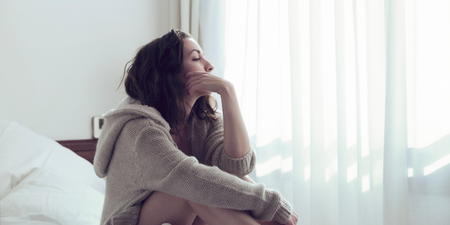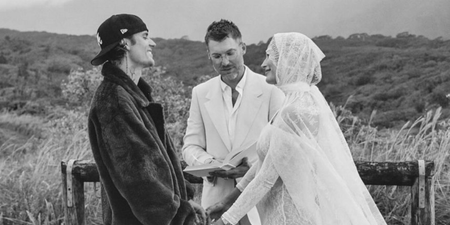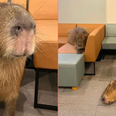A MA Journalism student from the University Of Limerick, Sarah O’Dwyer interviewed Somaia Halawa, sister of Ibrahim Halawa, the man who has been in prison in Egypt without trial for several years.
Ibrahim was arrested on August 16 2013 and has remained in prison in Egypt ever since. Amnesty International view it as a grave human rights abuse.
The piece is reproduced here with Sarah’s permission.
“Every day for us begins with a question mark,” says Somaia Halawa.
Ibrahim Halawa was just 17 years old when he attended a protest in Egypt on the 16th of August 2013. The Halawa siblings were visiting family there at the time.
Somaia, the older sister of Ibrahim, was imprisoned in Egypt at the same time as him, along with her two sisters – Fatima and Omaima.
On the day of the protest which saw them arrested, “four siblings were forced to choose between humanity and life,” Somaia says, and while in prison for those three months, she remembers: “I lost memory of what humanity meant or if there was any.”
Somaia says that the family did not get involved in any protests until Morsi, the first elected president, was removed by a military ‘coup’.
The protest, which was intended to be a peaceful one, was overshadowed by attacks by the military on the protesters. The Halawas, along with many other protestors, ended up taking shelter from the police and the military in the nearby mosque, because they thought that this would be the safest place for them: “no one would touch a holy place,” they thought.
They were trapped inside the mosque for almost 16 hours and all they wanted was to go home. Military were attacking the mosque and tear gas was being thrown inside: “At one stage we thought the mosque was going to collapse on us,” Somaia recalls.
“It’s a moment I will never ever forget my whole life. Ibrahim had kind of wrapped his arms trying to save (his sisters) or trying to take anything that was coming…so he was giving his life for his sisters even though he was only 17 at that time.”
The Halawas were told they would be able to go home, but discovered that was a lie. Somaia and Omaima fainted due to tear gas. When the awoke, they were herded into vans and taken to military camps.
Military Camps.
They were denied food, water and access to their family -anything that could give them even the tiniest bit of hope, Somaia says. They were told to lie on the ground with their hands behind their back.
As she entered the camp she found her siblings, and she encountered Ibrahim who had been shot in the hand. He was denied medical treatment, resulting in permanent damage to his hand: “We were denied our basic human rights.
33 girls were taken into the camps that day and 30 were let go. The three Halawa sisters were kept in a women’s prison, separated from Ibrahim.
“You know those things that you don’t know whether to laugh about or cry about?,” Somaia asks. The sisters were held due to being classed by the Egyptian authorities as ‘foreigners’, something they now find quite ironic, as the Egyptians now view Ibrahim, who was actually born in Ireland, as Egyptian.
The Halawas were held on 16 charges – the same 16 charges Ibrahim faces. They were taken to what Somaia called “so-called hearings” based in the military camps. They were mass trials, and the detainees were denied access to lawyers, the chance to testify, and there was no judge or jury.
The happiest moments she had in prison, she recalls however, were those trials, as the sisters got to see Ibrahim. The trials, however, were continuously postponed, and continuously remain to be: “At one stage you do lose hope, and the same thing is going to happen again.”
Release.
After three months in prison, the Halawa sisters were called for an unscheduled hearing where they were released. “Why Ibrahim still remains there, I do not know.
“We were always investigated together…they would call us the four siblings.”
Ibrahim sees his mother while in prison for only ten minutes a week through a barrier. It is very hard to get access to any medications, basic human rights, even clothes were sometimes denied.
Two weeks ago he was moved to Tora, which Somaia describes as a better prison, “but at the end of the day it’s still prison, it’s not justice.
“Whether you agree with Ibrahim or not, he deserves justice, he deserves to have a fair trial, he deserves to have a chance to defend himself.
“They have no evidence whatsoever in his file to say he deserves what’s happening to him.”
If Ibrahim is sentenced to death, his sisters will never see him again. If he is sentenced to life imprisonment they will never see him again.
“Every day for you is a very difficult day – your feelings are confused, they’re mixed, between you could lose your brother any minute, and he could be released, he could face the death penalty…it’s all these mixed, confused notions that you have to go through every day.”
Political effort.
Somaia said she could not deny the effort that had been made by the Irish government, and was keen to thank the many politicians who have helped throughout Ibrahim’s case. However, it was not the same as what the Americans and Canadians did for their imprisoned citizens, who have since been released: “We always kind of say that if they had used a different approach…they used quite a soft approach.” When this question was posed, a spokesperson for the Department of Foreign Affairs said: “Since Mr Halawa’s detention in 2013, the Irish Government and the Department of Foreign Affairs and Trade has been pursuing a clear strategy focused on achieving a positive outcome for him at the earliest time possible.
“That strategy is based on two clear objectives: first, to see Mr. Halawa released by the Egyptian authorities so that he can return to his family and his studies in Ireland as soon as possible and, second, to provide consular support for his welfare while he remains in detention.
“In this case, the Irish Government has formally supported applications by Mr. Halawa’s Egyptian legal team for release on bail and release under the Presidential Decree, the latter of which was made in February 2015.”
The EU Parliament has voted in favour to call on the release of Ibrahim, something which Somaia feels quite positive about. She now hopes the Irish government can follow suit and “not accept this injustice.”
Sinn Féin MEP Lynn Boylan has supported the Halawa’s from the beginning, and Somaia says that she is very supportive, and has shown that she is not just a politician, she is a human too.
Speaking at a talk in the University of Limerick, organised in conjunction with the Department of Sociology, Ms. Boylan described Egypt as: “not a normal functioning society at the moment.
“It’s not a judicial system that stands up.”
In a country where an Italian journalist was killed for using free speech, and where four-year-old child was recently handed a life sentence for attending a protest with his father, Lynn Boylan warned that Ibrahim’s case could not be viewed through the eyes of the Irish judicial system.
She also spoke about travelling to Egypt to visit Ibrahim in prison, and she described it as an honour to meet him.
“He is convinced that the public campaign has kept him alive,” she said.
“Anything we can do that keeps Ibrahim Halawa in the spotlight keeps him alive.”
The future.
The Department of Foreign Affairs said that they have “provided and continue to provide an exceptional level of consular assistance in this case. Embassy officials visited Mr Halawa for the 50th time on 11 February 2016.”
However both Ms. Boylan and Ms. Halawa say that it is not the amount of visits that count, it is the work that is being done to ensure there doesn’t need to be any more visits. As Ibrahim now faces his fourteenth trial on June 26th, the Halawa family realise how difficult prison is, and what it could be doing to Ibrahim mentally.
“We as a family are more worried about him when he comes out than he is in prison,” Somaia says.
Somaia told the story of a young man, about the same age as Ibrahim, who was sentenced to four years imprisonment for a crime it was later proven he didn’t commit.
He became depressed, resulting in his suicide. He just couldn’t face the world, she said: “It’s very hard to face an unjust world.
“We have seen the 100 year anniversary of the Irish people sacrifice their life for Ireland, and that was the same thing that my brother Ibrahim wanted people to have – which is freedom.”
He now fights for his own.
At the end of the day, Somaia says: “The most important thing is not to lose hope.”

